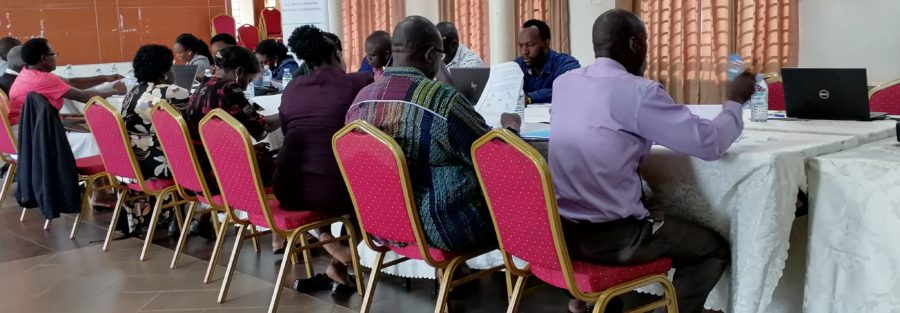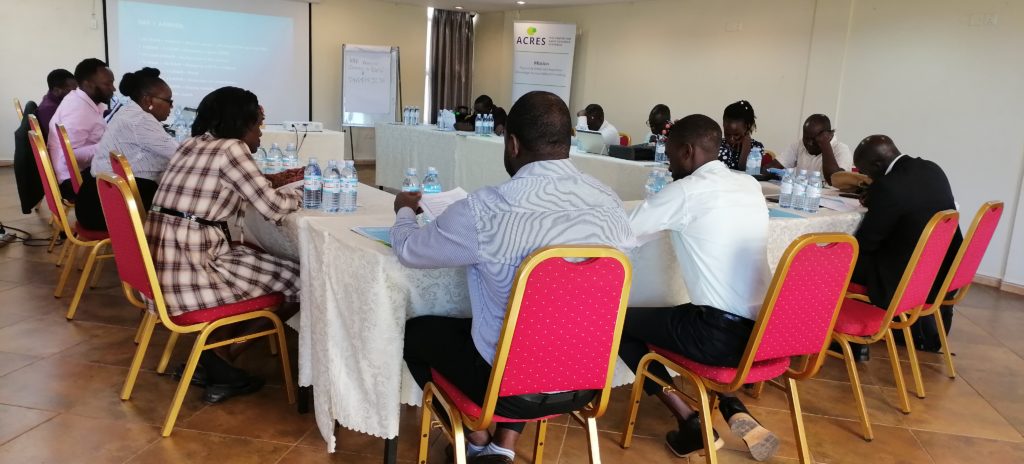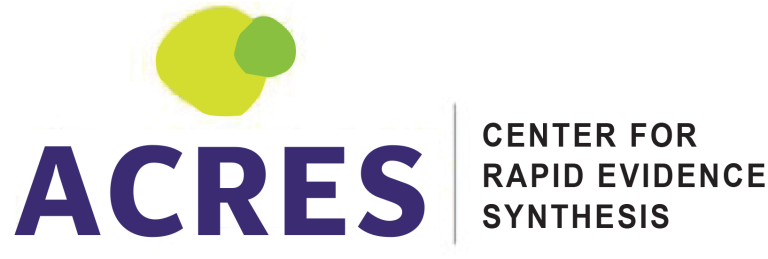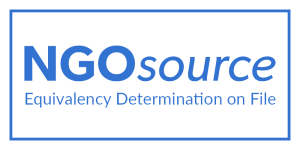
The Centre for Rapid Evidence Synthesis (ACRES) held two two-day citizen panels with Primary School and Secondary School teachers. The Citizen Panels aimed to get input from the front-line personnel (the teachers) into ongoing national efforts to develop a professional teachers’ competencies framework for Uganda.
The competences framework aims to feed into efforts to enhance the quality of education in the country.
The exercise held from March 12 – 15, 2024 in Kampala, involved fifteen primary and fifteen secondary school teachers brought together to brainstorm on the proposed review of the Teachers’ Policy.
The teachers drawn from both government aided and private schools around the country reviewed and responded to the Rapid Response Brief authored by ACRES in February 2024.
A Citizens’ Panel is a demographically representative group of citizens regularly used to assess public preferences and opinions. Citizens’ Panels provide researchers and leaders with an efficient and effective way to consult with respondents and communities respectively.
The Brief provided three key messages i.e.
- The teachers’ competencies framework must consider the essential skills and knowledge that teachers should possess to influence effective teaching and learning outcomes,
- Uganda can work towards defining the essential skills and knowledge that teachers should possess for effective teaching and learning outcomes by drawing on key competence dimensions like the learner and learning, content, instructional practice, and professional responsibility,
- Competences must reflect and consider unique regional and national needs, while leveraging digital technologies.

Addressing the gathered teachers, Edward Kayongo, the Senior Research Scientist and Head of the Policy Engagement and Analysis Unit at ACRES outlined the need for key stakeholders to participate in the drafting of policies that affect their livelihoods.
“It would defeat understanding to pass a policy without stakeholder participation. We want your voices heard to inform the ongoing policy process. This is the reason for your participation in this engagement,” Kayongo said.
Kayongo, who is ACRES’ focal person, also spoke on the need for attitudes and values as a measure of competence within the teaching profession.
“While attitudes are hard to assess as a one off compared to subject knowledge competence, it is crucial to devise means of assessing these as it a key competence in the sector,” one of the participants said.
Kayongo stressed the point that there should be a base standard that teachers will need to adhere to in terms of attitudes and values if this competence is to be observed. This led to a discussion on the national values; with the panelists indicating that the values expected of teachers should fit into the national values.
The workshop deliberated on the identified teacher competencies dimensions including; learner development, content knowledge, learning differences, pedagogical content knowledge, knowledge of legislation, content knowledge and professional skills.
The competence dimensions are further categorized into competences such as; creating learning environments, application of content, planning instruction, assessment and evaluation, instructional strategies, attitudes and values as well as professional learning and ethical practice.
The teachers’ input, which ranged from professional ethics, welfare and skills development among others, is to be incorporated into the final policy brief to be submitted to the Ministry of Education and Sports.



